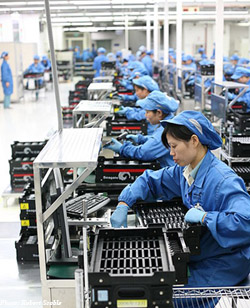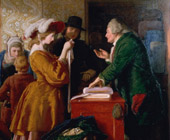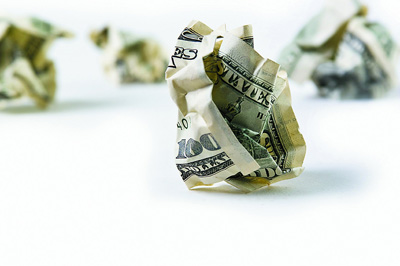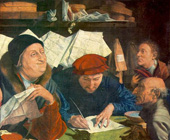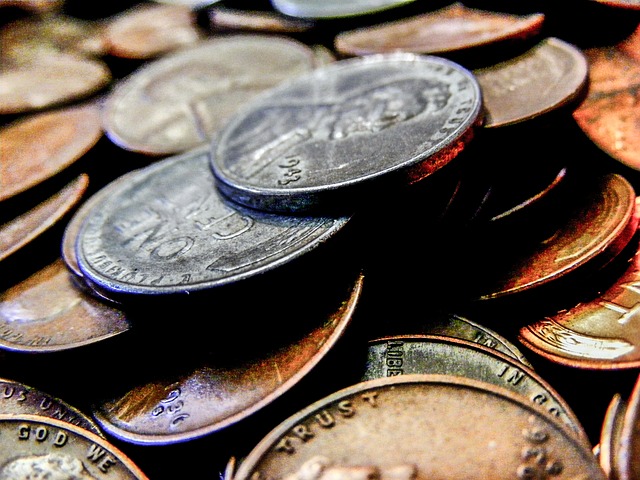Human Touch or iTouch
By Kenneth Murphy* “What would you think if a robot showed up with your food?” This is the question I asked Ross and Kelly, a young couple in a Newark, New Jersey airport restaurant. “Oh, interesting,” answered an intrigued Kelly. “No thanks,” disagreed Ross, “you would miss the human touch.” Is Technology Ruining Your Life? … Read more







